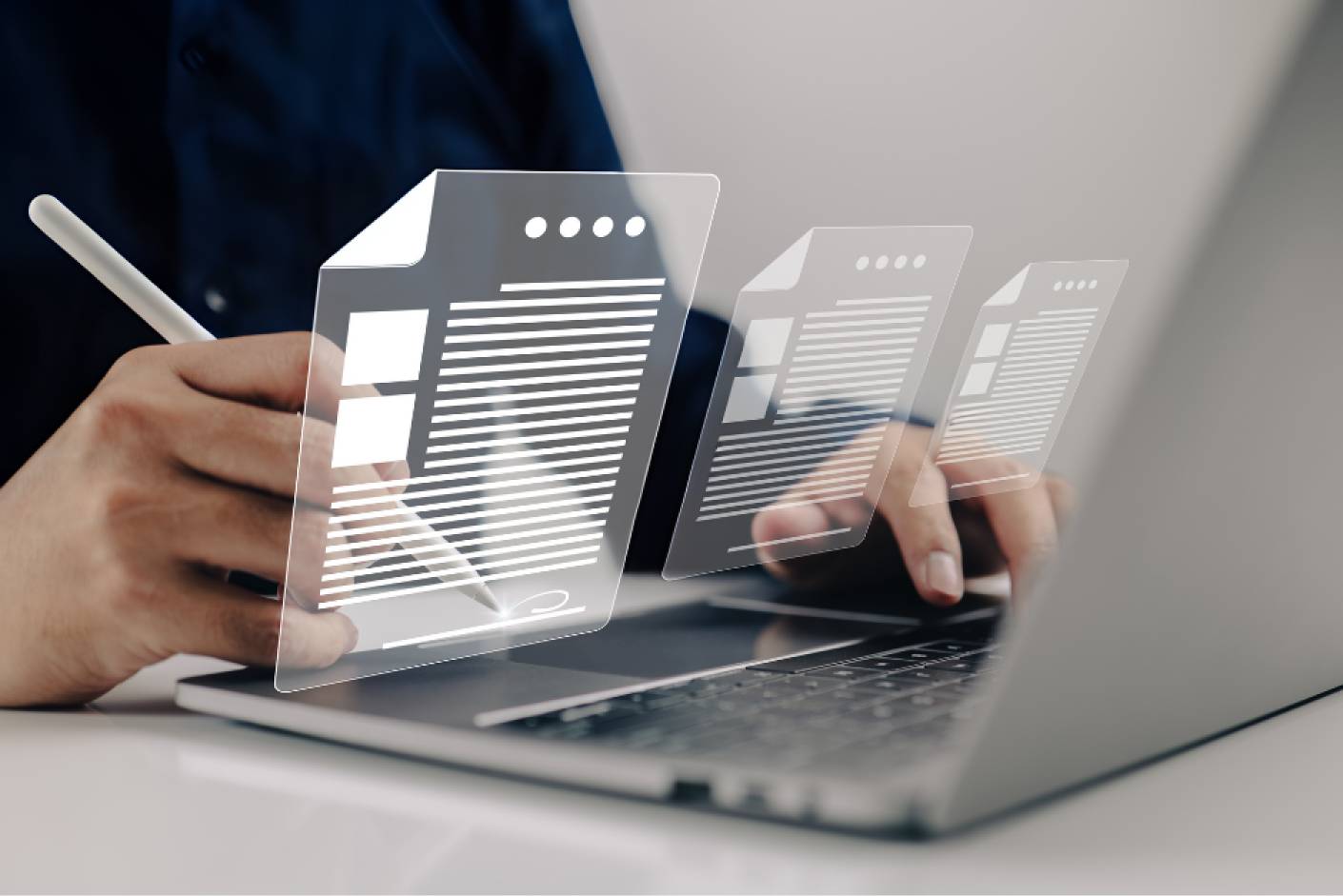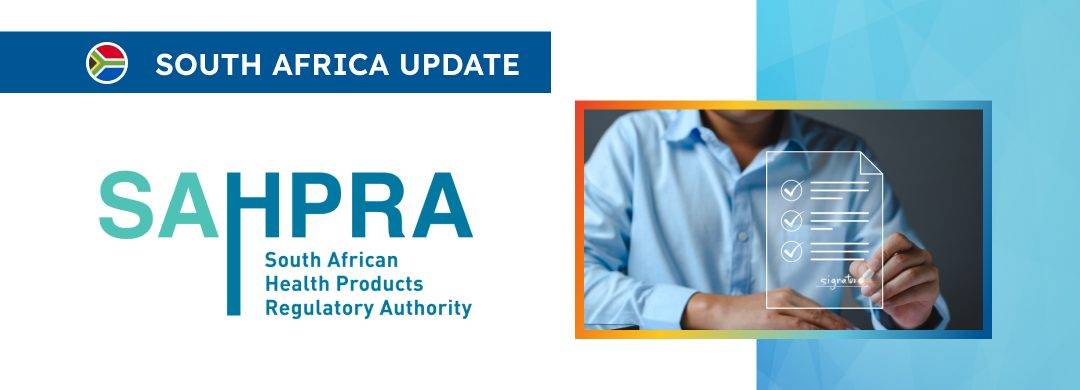The new article highlights the aspects related to the costs associated with establishment licenses, and supporting documentation interested parties should submit, and also explains cooperation between different regulating authorities and bodies.

Table of content
The South African Health Products Regulatory Authority (SAHPRA), a country’s agency in the sphere of medical devices, has published the guidelines dedicated to licensing for establishments involved in operations with medical devices.
The document provides an overview of the applicable regulatory requirements in South Africa, as well as additional clarifications and recommendations to be taken into consideration by medical device manufacturers, distributors, importers, and other parties involved.
The authority also reserves the right to make changes to the guidance and recommendations provided therein, should such changes be reasonably necessary to reflect corresponding amendments to the underlying legislation.
Application Cost and Payment Methods
The scope of the guidance covers, inter alia, the aspects related to the costs associated with applications for establishment licenses, as well as payment methods interested parties may use.
According to the document, the process of applying for a Medical Device Establishment Licence involves specific fees, as determined by the National Treasury and detailed in the Government Gazette No. 1379, dated 22 December 2020.
For manufacturers, the license fee is R25,200, while distributors and wholesalers are each required to pay R15,000.
These fees must be paid at the time of application submission, and applicants are required to provide proof of payment alongside their completed license application forms.
Additionally, license holders are obliged to pay annual retention fees every June, starting from the first anniversary of the license’s issuance.
This ongoing fee is required to maintain the validity of the license. In cases where a license holder decides to cancel their license, they must formally communicate their intention to withdraw their license to SAHPRA through a formal letter.
Applicants need to note that the fee amounts are subject to change, and they bear the responsibility to ensure their payment aligns with the most current fee structure, as published in the Government Gazette.
Regarding the payment process, all fees payable to SAHPRA must be transacted through Electronic Funds Transfer (EFT) to their specified bank account.
SAHPRA provides detailed banking information, including account name, type, number, bank branch code, and specific Swift Codes for different types of payments. These payments include new license applications, amendments to existing licenses, license collection fees, and retention fees.
For the most accurate and up-to-date information on fees and payment procedures, applicants are advised to refer to the latest documents and guidelines published on SAHPRA’s website.
The document also addresses the cases when a refund is needed. In situations where an applicant has paid more than the required amount, a process is in place for requesting a refund.
This involves contacting SAHPRA’s finance department and submitting various documents.
For companies, the required documentation includes a letter explaining the reason for the refund request, a valid proof of payment (excluding letters from the bank), a Tax Clearance Certificate, banking details, and ID copies of the company’s directors.
In cases where an individual requests a refund, they need to provide an affidavit or letter stating the refund reason, a certified copy of their ID, proof of payment, and their banking details.

Supporting Documents for License Application
The present guidelines also outline the scope of supporting documentation applicants seeking an establishment license should submit.
According to the document, when applying for a Medical Device Establishment License, certain critical documents are required. Both manufacturers and distributors are mandated to submit a Quality Manual alongside their application.
To assist applicants in preparing this document, SAHPRA provides a comprehensive guideline on its website. This guideline is easily accessible and can be downloaded by following a simple step-by-step process.
Another important document is the ISO 13485 certificate.
This certificate is used to demonstrate the company’s compliance with the stringent quality management system standards necessary in the medical device industry.
Manufacturers and distributors are required to submit this certificate as part of their application. SAHPRA specifies the timeframe and conditions under which this certificate becomes compulsory, and this information is communicated to the relevant stakeholders.
SAHPRA’s Relationship with Other Regulatory Bodies and Partners
As explained by the authority, SAHPRA’s role extends beyond its direct responsibilities, as it collaborates with various other regulatory bodies and partners, especially concerning the regulation of diagnostic devices.
A notable collaboration is with the National Health Laboratory Service (NHLS) HTA Unit, particularly in the validation of COVID-19 test kits. The NHLS conducts performance evaluations of these kits on behalf of SAHPRA, and the results play a crucial role in SAHPRA’s decision-making process.
Details of this collaboration, including specific procedures and outcomes, are available in SAHPRA’s published communications regarding the performance evaluation of point-care COVID-19 serology antibody test kits.
While the NHLS’s current focus is on COVID-19 diagnostic devices, there is potential for its role to expand in the future, especially once the registration process for medical devices evolves.
SAHPRA is committed to transparently communicating any changes or expansions in the NHLS’s responsibilities as they occur.
The validation process for COVID-19 test kits involves the NHLS assessing the test performance and subsequently submitting a detailed report to SAHPRA.
This report includes recommendations on whether the test kit should be authorized or not. Based on this assessment, SAHPRA may issue a Section 21 authorization to the applicant, allowing them to proceed with the distribution and use of the test kit.
Port Health serves a critical role in South Africa’s health security, acting as the frontline defense against the entry of communicable diseases through international borders.
Companies experiencing issues with shipments held at Port Health are directed to contact SAHPRA’s regulatory compliance unit for assistance.
The Medical Device Unit within SAHPRA is responsible for ensuring that all companies involved in the import or export of medical devices are properly licensed and their details accurately recorded on the issued licenses register.
SAHPRA recognizes and collaborates with six international jurisdictions (Australia, Canada, Japan, USA, Brazil, and IMDRF countries) in the regulation of Class C and Class D medical devices and IVDs.
It is important to mention that this reliance model does not, however, guarantee automatic approval in South Africa. SAHPRA makes its final decisions based on specific South African regulations and requirements, ensuring that all medical devices meet the country’s unique standards and needs.
Conclusion
In summary, the present document provides a detailed overview of the processes, fees, documentation requirements, and regulatory collaborations associated with obtaining and maintaining a Medical Device Establishment License in South Africa, as per the guidelines and regulations set by SAHPRA.
How Can RegDesk Help?
RegDesk is an AI-powered Regulatory Information Management System (RIMS) designed to simplify global compliance for medical device companies. With regulatory intelligence covering 120+ markets, RegDesk helps you prepare and publish global submissions, manage standards, conduct impact assessments, and stay ahead of regulatory changes all from a single, centralized platform. Expanding into new markets has never been easier.

